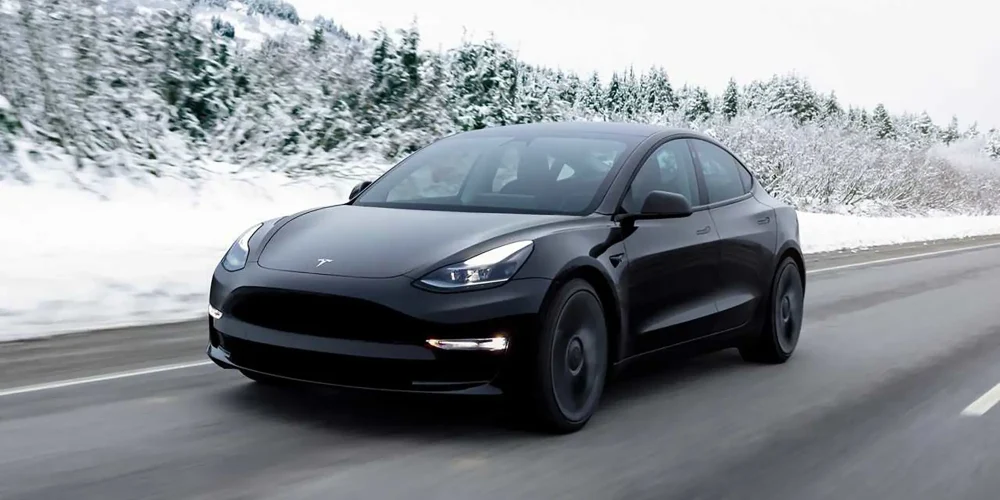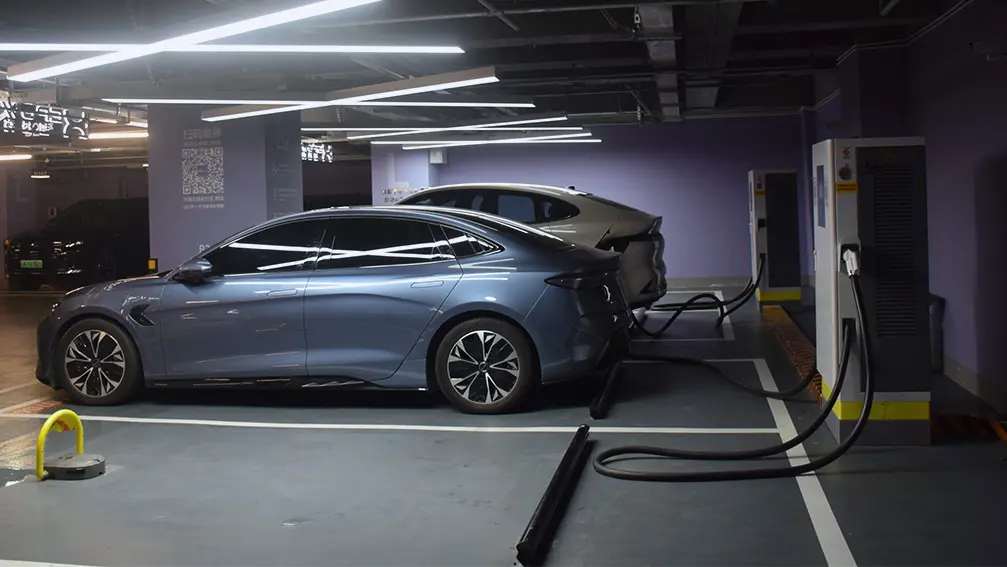
Keep Your Electric Vehicle Running Smoothly This Winter
Electric vehicles (EVs) are known for their efficiency and low maintenance requirements, but winter weather poses unique challenges. Cold temperatures can reduce battery performance and range, leading to concerns about reliability during daily commutes or longer trips. To help EV owners navigate these challenges, here are 9 essential tips for EV maintenance in winter to keep your vehicle in top shape and ensure smooth driving even in freezing conditions.

1. Regularly Check Your Battery’s Health
The EV battery is the heart of an electric vehicle, and EV battery health directly affects performance and safety of your EV. As winter sets in, inspect the battery’s charge level, ensure connections are secure, and monitor for any noticeable drop in range.
Battery capacity naturally declines over time due to chemical aging, which can be exacerbated by cold weather. If you notice a significant reduction in range, visit a professional service center for a battery performance check and replacement if necessary. Proper battery care is key to effective EV maintenance in winter.

2. Allow More Time for Charging
Cold weather reduces a battery’s ability to accept a charge, often requiring more time to reach full capacity. To avoid running out of power, extend your regular charging sessions during the winter months. Slow charging is particularly beneficial, as it minimizes strain on the battery.
Always plan your trips while accounting for the range reduction that occurs in cold weather, a common consideration in the best practices for EV owners in winter.

3. EV Maintenance in Winter – Opt for Indoor Charging
EVs charge most efficiently in temperatures between 0°C and 45°C. In winter, avoid charging outdoors when temperatures drop below freezing. Instead, opt for sheltered locations like indoor parking lots or covered charging stations. If outdoor charging is unavoidable, try to charge during the warmer parts of the day, such as the afternoon.
Additionally, never let your battery level drop too low—ensure you charge promptly to avoid complications.

4. Keep Charging Equipment Clean and Dry
Low temperatures and moisture can lead to frost or water seeping into the charging plug, potentially damaging the battery. When using public charging stations, always check that the plug is clean and dry before use.
During rain or snow, protect the charging port and cable with an umbrella or cover to ensure they remain dry. Following these precautions is a fundamental part of EV maintenance in winter.

5. Warm Up Your EV Before Driving
If your EV is parked outside in sub-zero temperatures overnight, warming it up before driving is essential. Preheating the vehicle for 1-2 minutes allows the battery and electrical system to reach optimal temperatures, improving efficiency and extending battery life.

6. Charge Immediately After Driving
After each drive, charge your EV promptly to maintain the battery above 20%. Avoid letting the charge drop too low, as this can cause irreversible damage to the battery. Regular charging ensures your car is ready for its next trip and is an essential tip in the best practices for EV owners in winter.

7. Adopt Energy-Saving Driving Habits
To conserve battery power:
- Minimize the use of plug-in devices and onboard electronics when the car is off.
- Set the air conditioning fan to a low speed (1-2) and use the recirculation mode to conserve energy while keeping the cabin warm.
- Consider intermittent heating to maintain warmth without draining the battery excessively.
8. Use Heating Systems Strategically
Unlike traditional vehicles that use engine heat for cabin warmth, EVs rely entirely on battery power. To preserve range, use seat heaters and steering wheel heaters where available, as they consume less energy compared to full cabin heating. Minimize air conditioning usage whenever possible to avoid rapid battery drain.

9. Monitor Tire Pressure and Condition
Cold weather reduces tire pressure due to thermal contraction, increasing rolling resistance and reducing range. Regularly check and inflate your tires to the recommended levels to enhance efficiency and ensure safety on icy roads. Proper tire maintenance is a critical aspect of EV maintenance in winter. Meanwhile, It has shown by studies that winter tires are the single most important investment you can make for safe winter driving.

Conclusion
Winter weather may challenge EV owners, especially those in colder regions, but proper preparation can make all the difference. By following these best practices for EV owners in winter, you can minimize the impact of cold weather on your vehicle, maintain optimal battery performance, and enjoy stress-free driving all season long.
Do you have additional tips for EV maintenance in winter? Share your thoughts in the comments below!
